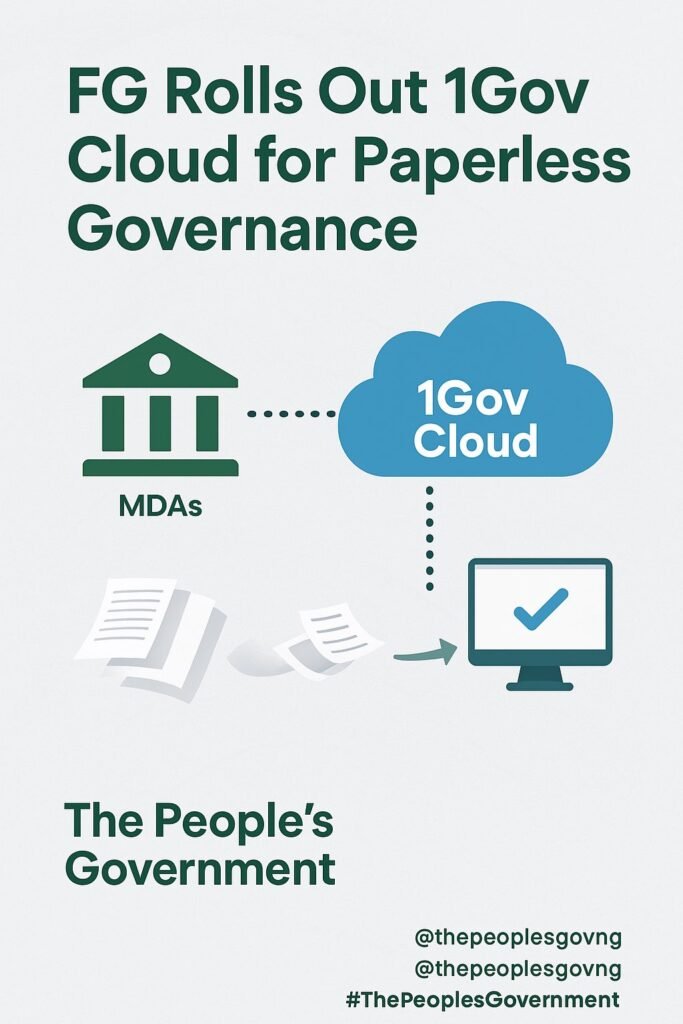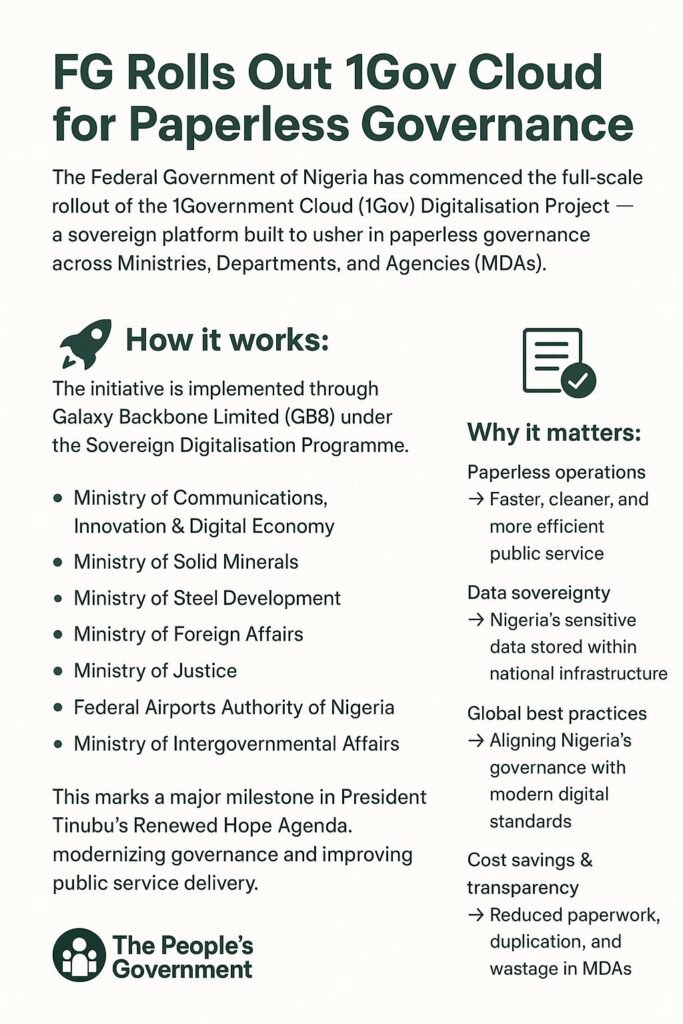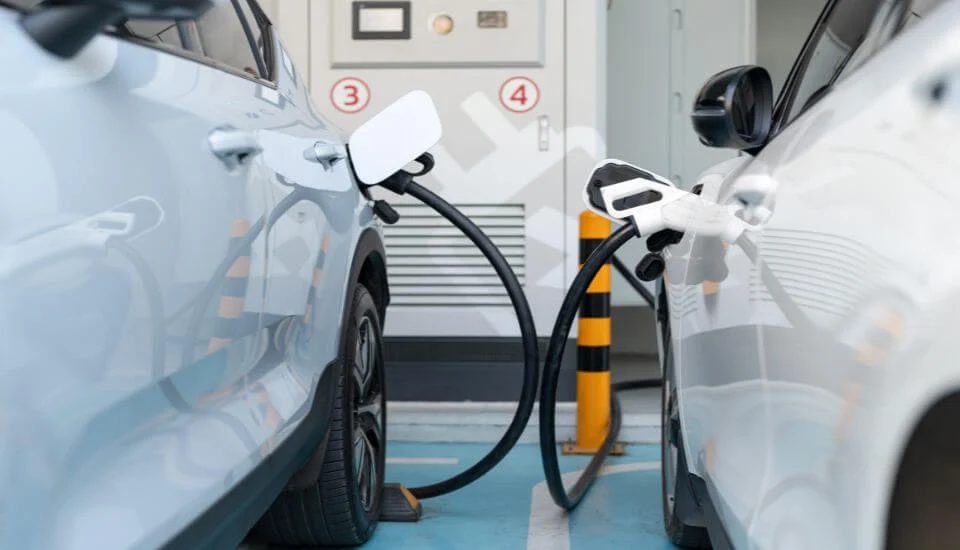The Federal Government has started the full rollout of its 1Government Cloud (1Gov) Digitalisation Project, a sovereign platform that promises to end paper-based governance across ministries, departments, and agencies.
The project is powered by Galaxy Backbone Limited (GBB) under the Sovereign Digitalisation Programme.
Key ministries already onboard include Communications, Innovation & Digital Economy, Solid Minerals, Steel Development, Foreign Affairs, Justice, Intergovernmental Affairs, and the Federal Airports Authority of Nigeria.
According to officials, this step signals Nigeria’s readiness to modernise public service, protect national data, and align with global standards of digital governance.
It also aligns with Nigeria’s National Digital Economy Policy and the growing ICT sector, which contributed more than 17% to GDP in 2023, according to the Nigerian Bureau of Statistics.
What the 1Gov platform offers
The 1Gov Cloud consolidates essential digital tools for a smarter government. They include:
- GovDrive – secure file management with nationwide cloud storage.
- GovECMS – an Enterprise Content Management System to automate workflows.
- GovMail – a secure, government-only communication system.
- GovE-Sign – legally recognised e-signatures.
- GovConference – encrypted video and audio collaboration.
- GovOTP – one-time password and identity authentication.
- GovAsset Management – a unified registry of government assets.
- GovCollaboration Tools – chat, workflow, and document sharing across MDAs.
Programme Director of the 1Government Cloud, Wumi Oghoetuoma, said the initiative targets inefficiency and waste in the public sector.
“The paperless governance initiative will eliminate bureaucratic bottlenecks by streamlining approvals and inter-agency communication. It will significantly cut costs associated with printing, storage, and distribution of physical files, while enhancing transparency and accountability in public service delivery,” Oghoetuoma said.


He added that the platform will improve the security of sensitive documents and speed up government decision-making.
“With MDAs uniting under a single vision to improve service delivery, one of the key performance indicators of the Government’s Renewed Hope Agenda, Nigeria is laying the foundation for a seamless digital government ecosystem,” he explained.
Building a Digital Government by End 2025
Oghoetuoma praised the Office of the Head of the Civil Service for adopting a phased approach that prioritises staff training and IT infrastructure. This is seen as the foundation for achieving the mandate of a fully paperless civil service by December 2025.
Professor Ibrahim Adeyanju, CEO of Galaxy Backbone, described the rollout as a turning point:
“With 1Gov, Nigeria is entering a new era of governance, faster decision-making, more secure documentation, and ultimately, better services for citizens. This is about building a government that is smart, responsive, and globally competitive.”
A senior official at the Ministry of Foreign Affairs, who preferred not to be named, added that adopting a sovereign platform will boost Nigeria’s diplomatic communication systems and allow faster responses to international engagements.
Nigeria’s Broader Digitalisation Target
Early in 2024, Minister of Communications, Innovation and Digital Economy, Dr. Bosun Tijani, said government had set a 2025 target to digitalise at least 70% of all public services.
He explained that President Bola Tinubu gave a clear mandate to move services online and use technology to strengthen governance. According to him, this plan is not just about efficiency and access, but also about improving data protection for citizens.
This initiative, therefore, sets a milestone in Nigeria’s drive for smarter governance. But will government agencies fully embrace it, or will resistance to change slow the journey?
Rate, Like 👍, Comment💬, share this article and Follow us on our social media handles. You can also Submit your own story to get featured and earn rewards!







